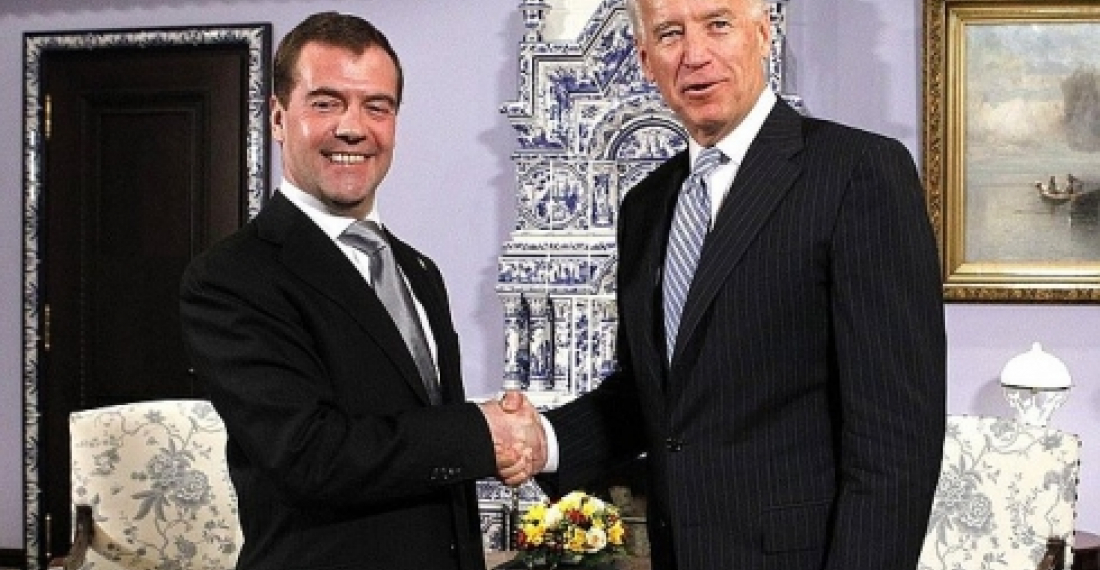Политики и дипломаты по всему миру резко отреагировали на боевые столкновения в минувшие выходные в Нагорном Карабахе, призвав стороны к прекращению военных действий, и подтвердив приверженность международной Минской группе ОБСЕ, которая проводут сегодня в Вене встречу в расширенном составе.
Вице-президент США Джо Байден провел телефонный разговор с президентами Армении и Азербайджана. "Как я сказал президентам Алиеву и Саргсяну, всеобъемлющее урегулирование в Нагорном Карабахе имеет решающее значение для их стабильности, безопасности, процветания," говорится в сообщении в его Twitter.
Российские лидеры также призывают стороны к спокойствию. "Ситуация вызывает серьезную обеспокоенноть", заявил Дмитрий Песков, пресс-секретарь президента Путина, который призвал к прекращению боевых действий. Премьер-министр РФ Дмитрий Медведев в четверг посетит Ереван, в тот же день намечен визит Сергейя Лаврова, министра иностранных дел РФ, в Баку.
Турция, ближайщий союзник Азербайджана, заявляет о поддержке своего союзника. Нагорный Карабах "однажды" будет возвращен Азербайджану, заявил президент Турции Реджеп Эрдоган.
Минская группа ОБСЕ, сопредседателями которой являются США, Россия и Франция, пытается найти решение конфликта с 1994 года.
Могерини, глава внешней политики Европейского союза, в след за ее российскими и американскими коллегами, призвала к прекращению боевых действий.
источник: commonspace.eu по материалам агентств
фото: Встреча между премьер-министром России Дмитрием Медведевым и Джо Байденом, вице-президентом Соединенных Штатов Америки






